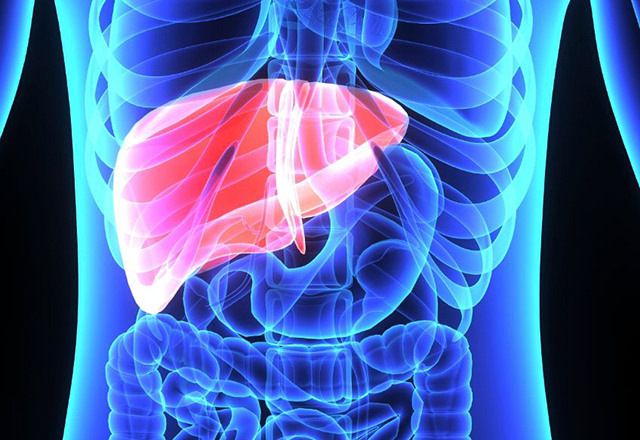Despite being markedly overrepresented among patients on dialysis, Black patients are less likely to be referred for a kidney transplant. Now, a recently implemented policy change may improve Black patients’ odds of a kidney transplant referral.
In September 2021, the American Society of Nephrology-National Kidney Foundation (ASN-NKF) Task Force on Reassessing the Inclusion of Race in Diagnosing Kidney Diseases recommended that the Chronic Kidney Disease Epidemiology Collaboration (CKD-EPI) creatinine equation be altered to eliminate the race variable to estimate glomerular filtration rate (GFR) in all laboratories. It also recommended more widespread use of cystatin C. Read the full article in Renal & Urology News.








